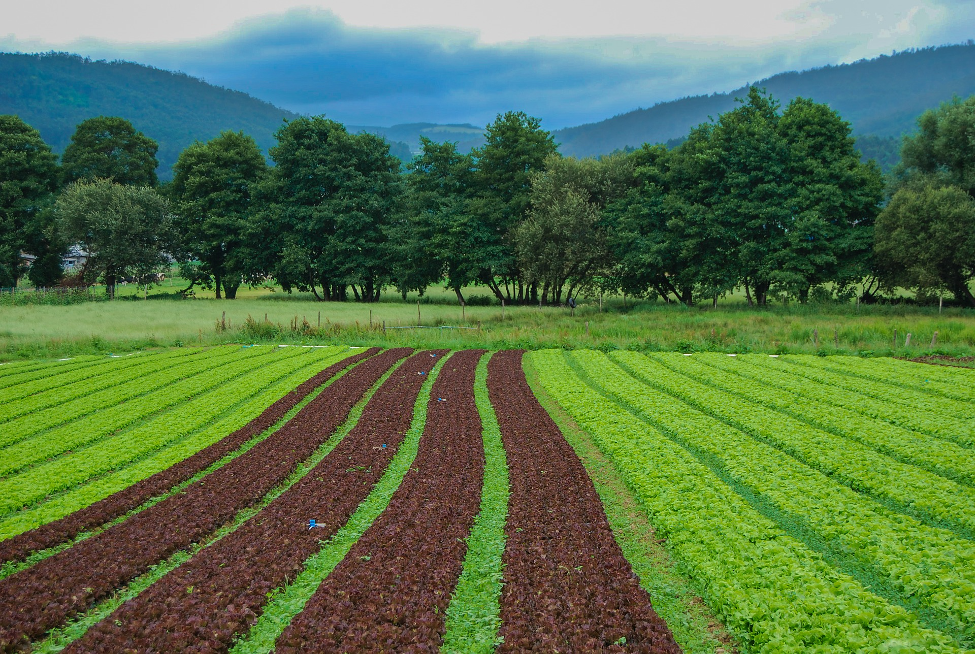The continuing shift to remote work and the social-distancing protocols of the COVID-19 pandemic have many people looking to skip the crowded bustle of the city and move some place with more elbow room. Cities such as New York and San Francisco have seen heavy exodus, with some 150,000 residents leaving during each quarter of the pandemic for the more open spaces of the Rocky Mountains and Midwest.
While the allure of fresh air and open fields is enough to make some people buy Texas land properties sight-unseen, discernment is still necessary before leaving the city. Whether buying a country home or a vacant piece of land to develop, many of the logistics handled by city councils and urban planning departments become incumbent on the property owner in rural areas. As a result, those looking to leave the city should consider the following points before purchasing a rural property.
Check the Status of Utilities
People moving from the city likely take everyday essentials such as light, water, and heat for granted. However, there are still areas of the country that are still partially or completely off the grid.
Therefore, before purchasing a rural property, it is vital to know where it stands in terms of utilities. Is the water potable? Does the property use a septic tank or city sewage? What is the procedure for garbage disposal? What does the monthly electricity bill look like, and are there any features in place that can make the rural property self-sufficient in terms of energy?
Especially important for those looking to use their remote work as a ticket to live anywhere they want is the property’s connectivity to high-speed Internet and cell phone service. While 5G technology is ostensibly set to connect the entire country, its rollout has been slower than many have hoped, so it is important that online professionals are sure that they have satisfactory options for conducting online business when researching land or sale.
Is the Property Accessed Via a Private Road?
Although the seemingly never-ending maze of construction cones sprinkling city streets is a source of frustration for many urbanites, at least commuters know that it’s their tax dollars going to work to keep local thoroughfares in good condition.
For the dirt roads leading to rural properties, the upkeep status is not always so simple. If the property is accessed via a private road, the cost of maintenance falls on the property owners themselves. If there are multiple properties accessed via the same private road, the cost is usually shared between owners. This can often become tenuous if there is not a clear-cut agreement in place, so it is important to understand what the access status looks like prior to making a purchase.
It is also important to understand that rural roads maintained by the city, county, or bureau of land management often get put on the back burner for projects in more frequently-trafficked stretches. If you will be leaving and returning to your property on a regular basis, it is important that you have a vehicle that can navigate treacherous roads.
Research the Difficulty of Maintaining the Property
Road access and maintenance is just one consideration for rural property owners. More space means more work, and there is not a property management company that you can call to submit a ticket in rural areas. Either you have to do the work yourself, or be prepared to pay handsomely for someone to do it for you. Just a few maintenance considerations for rural property owners include:
- Snow removal
- Fence repair
- Haying, mowing, and farming
- Felled timber and miscellaneous debris cleanup
Understand the Building Codes, Zoning Restrictions, and Property Lines

Many people moving from the city think they can simply buy a piece of land and do with it what they want. However, nothing about life in 2020 is ever so straightforward.
Some rural plots are located on wildlife reserves or are designated by the government as essential farm terrain. This will limit the amount of development that can take place. Moreover, some pieces of private land abut each other without fences designating property lines. Straying too far and adding an outbuilding, digging a hole, or chopping down a tree can lead to a dispute with your neighbor, so it is essential that you have a clear understanding of the property’s boundaries when planning the purchase.
Conclusion
Remote work opportunities and the social distancing measures of the COVID-19 pandemic are causing people to leave the city like never before. While the allures of a relaxed life in the country are plentiful, there are some special considerations that must be considered prior to purchasing a rural property. By adhering to the advice listed above, you can avoid any unexpected surprises.
Author Bio:
Skylar Ross is a writer for Land.us who specializes in topics related to how to buy land in Texas, land management, property investment, and real estate. He focuses on helping current and prospective landowners care for their land, discover investment opportunities, and be successful in land brokerage deals.
